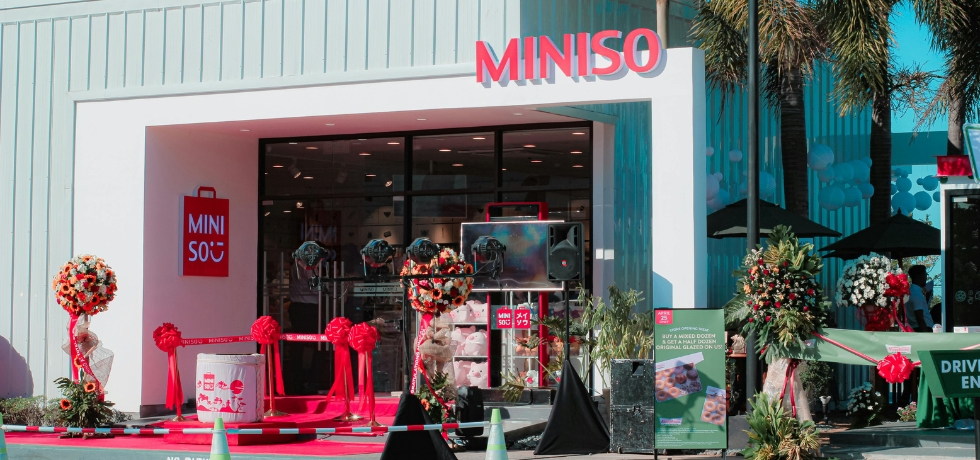As the retail industry evolves, adapting to changing consumer preferences has become essential for success. Today’s consumers demand more personalized, convenient, and meaningful shopping experiences, driven by digital advancements, social values, and a heightened focus on sustainability. For retailers, meeting these expectations requires agility and a customer-centric approach.
Understanding the Evolving Consumer
Today’s consumers are more informed, demanding, and digitally savvy than ever before. They seek personalized experiences, convenience, and transparency. Some of the key trends shaping consumer behavior include:
- Digital Natives: A generation that grew up with technology, expecting seamless online and offline experiences
- Experiential Retail: Consumers desire memorable shopping experiences, beyond just product purchase
- Ethical and Sustainable Consumption: A growing emphasis on brands with strong ethical and environmental commitments
- Omnichannel Shopping: A preference for shopping across multiple channels, seamlessly blending physical and digital experiences
Also Read: 5 Tips to Overcome Common Retail Product Launch Challenges
How Retailers Can Adapt
To thrive in this evolving retail landscape, retailers must implement the following strategies.
1. Embrace Personalization for a Unique Customer Experience
Consumers today expect tailored experiences that speak directly to their interests and preferences. Retailers can leverage data analytics and AI tools to offer personalized product recommendations, targeted promotions, and custom shopping experiences. From online shopping to in-store visits, personalization can help build loyalty and encourage repeat business by making each customer feel valued and understood.
2. Adopt an Omnichannel Strategy for Seamless Shopping
With consumers shopping across various platforms, from websites and social media to physical stores, an omnichannel experience is essential. This approach provides consistency across all channels, enabling customers to switch between platforms effortlessly. Integrating options like buy-online-pick-up-in-store (BOPIS) and reserve-online-pay-in-store can improve convenience and give customers more control over their shopping journey.
3. Prioritize Sustainability and Ethical Practices
As consumers become more eco-conscious, they increasingly favor brands that align with their values. Retailers can tap into this demand by adopting sustainable practices, such as eco-friendly packaging, ethical sourcing, and waste reduction. Emphasizing sustainability in business practices not only attracts conscientious customers but also strengthens brand loyalty by aligning with the values of environmentally conscious shoppers.
4. Integrate Technology to Enhance the In-Store Experience
While e-commerce continues to grow, in-store shopping remains important, particularly for those seeking a tactile experience. Technology like augmented reality (AR) try-ons, interactive kiosks, and mobile checkout solutions can make the shopping experience engaging, efficient, and memorable. These tools help streamline the shopping process and create a modern, tech-enhanced environment that appeals to today’s consumers.
5. Optimize for Convenience with Fast and Flexible Options
Convenience is a top priority for today’s busy consumers. Offering features like same-day delivery, one-click checkout, and hassle-free returns can be the deciding factor in a customer’s purchasing decision. Streamlining the buying process reduces friction and enhances customer satisfaction, making it easier for shoppers to return again.
Conclusion: Staying Ahead of Changing Consumer Preferences
Adapting to changing consumer preferences requires a proactive approach, focusing on personalization, omnichannel experiences, sustainability, in-store tech, and convenience. By evolving alongside customer needs, retailers can foster stronger connections, improve customer loyalty, and ensure long-term success in an ever-changing market.










